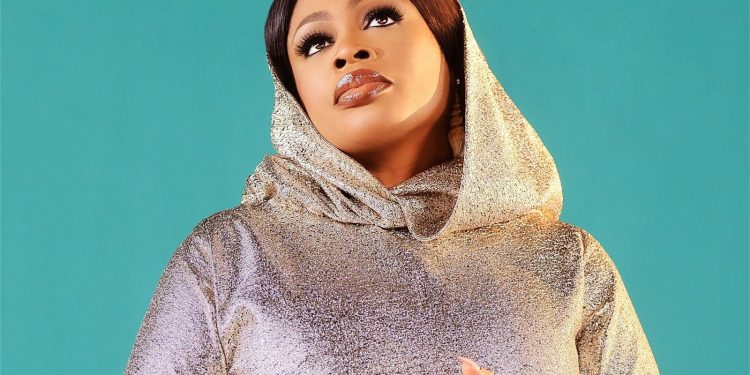Nigerian gospel artist Osinachi Egbu, globally celebrated as Sinach, is currently embroiled in a legal battle over her iconic worship anthem, Way Maker. The lawsuit, filed by music producer Michael Oluwole, popularly known as Maye, alleges copyright infringement and demands a declaration of co-ownership of the song.
According to court documents, the suit, filed as FHC/L/CS/402/2024 at the Federal High Court in Lagos, revolves around Maye’s claims of significant contributions to the song’s production. Maye asserts that he served as the studio engineer for the track, which was released in December 2015. His alleged contributions include recording, mixing, mastering, and crafting instrumental accompaniments like piano, strings, and synthesizers.
Maye claims that Sinach released the song commercially without formalizing an agreement or compensating him adequately. Through his lawyer, Justin Ige of Creative Legal, the plaintiff is seeking ₦5 billion in damages for what he describes as “cumulative infringements” of his performer’s rights.In his suit, Maye is asking the court to:
- Declare co-ownership of the song due to his contributions.
2.Divide royalties equitably between himself and Sinach.
- Mandate full disclosure of all licensing agreements and copyright assignments related to Way Maker.
-
Prohibit Sinach from further exploitation of the song without his consent.
-
Award general damages of ₦5 billion for copyright violations.
Maye described Sinach’s actions as “deliberate and oppressive,” accusing her of withholding his rightful share of the song’s global earnings.
Represented by Senior Advocate of Nigeria (SAN) Emeka Etiaba, Sinach has categorically denied the allegations, maintaining that she is the sole author and rightful owner of Way Maker. Her legal team argues that the song was composed, arranged, and performed collaboratively with other artists before Maye’s involvement.
Sinach’s defense further contends that Maye’s role was limited to mixing the final recording, a service for which he was paid ₦150,000. Her lawyers argue that this payment absolves her of any obligation to share copyright or performer’s rights with Maye.
The Federal High Court began hearing the case on Tuesday, where Maye provided testimony under cross-examination. Sinach’s legal team challenged his claims, questioning his legal basis for co-authorship. The trial has been adjourned to January 29 and 30, 2025, for the defense to present its case.
This isn’t the first copyright dispute in the Nigerian music scene. Past cases, such as the 2016 tussle between Tuface and Blackface over African Queen, and the 2018 conflict between Tekno and Danfo Drivers over Jogodo, highlight the recurring challenge of intellectual property disputes in the industry. Both cases were eventually settled out of court, emphasizing the importance of clear agreements in creative collaborations.
The Way Maker lawsuit underscores the complexities of intellectual property rights in Nigeria’s booming music industry. With the case still unfolding, its outcome could set a significant precedent for how such disputes are resolved moving forward. As the January 2025 hearing date approaches, all eyes will remain on the Federal High Court, eagerly awaiting a resolution to this high-profile legal battle.
For both parties, the stakes are high, not only financially but also in terms of reputation within the global gospel music community.




